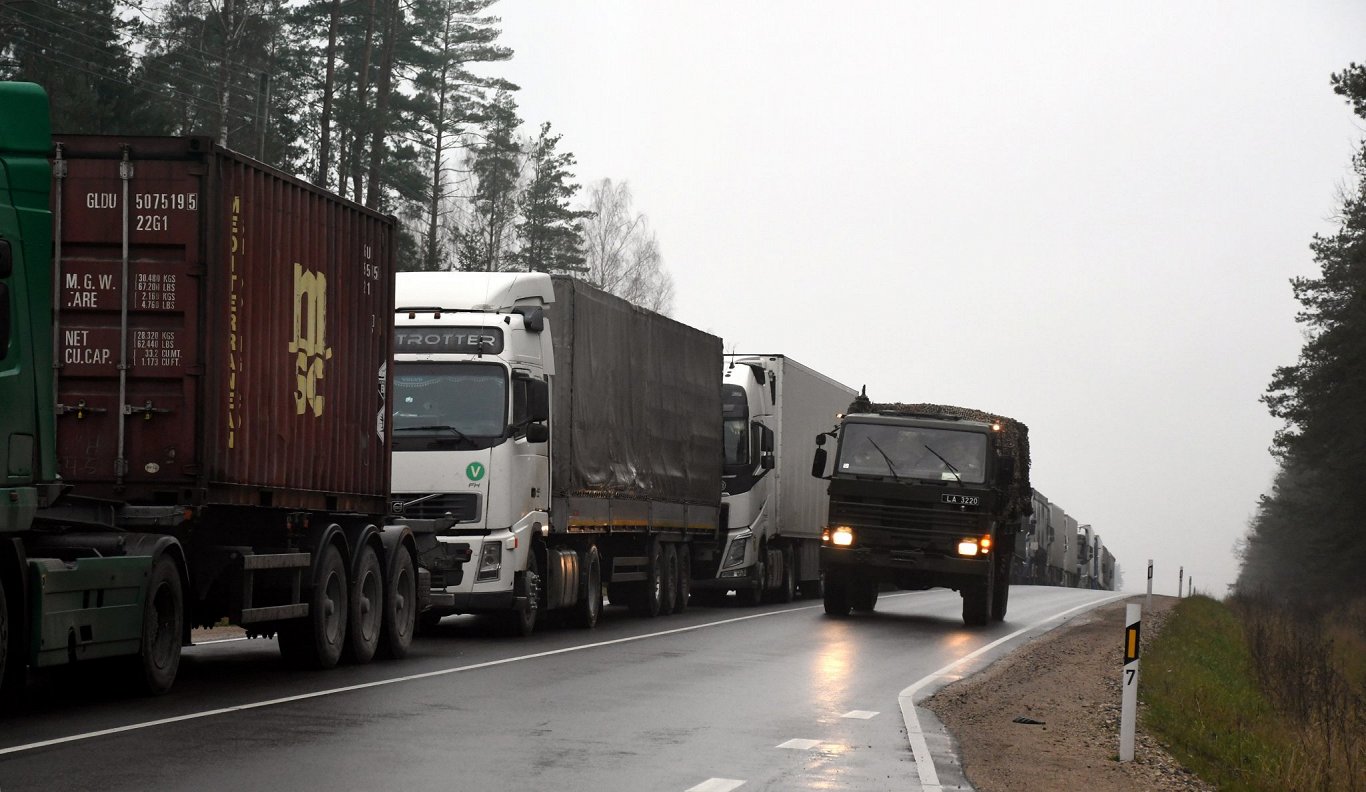In several European countries, the road carrier sector was hit by the crisis a few months ago, when, the driver numbers were at a historical low and the demand for freight was growing. Arkādijs Praiss, owner of the road transport firm Heders and Chairman of the Road Transport Association Latvijas Auto, said at the time that carriers had to prioritize orders.
Now the figures show what Praiss said. Last year there were 7% more registered carriers in Latvia than in 2019 before the pandemic. Driving licenses for drivers from third countries were also increasingly issued. Indra Gromule, Head of the Coordination Section of the Road Transport Directorate, concluded that the year was good in the road freight sector.
“The sector is slowly stabilizing and all these constraints and turbulence – carriers have adapted to it,” Gromule said.
However, changes in the sector are likely to lead to further developments in the so-called mobility package, which is the EU-wide regulation for freight transport. Part of the conditions had previously come into force, allowing car drivers to return to their home country once a month. On February 2, however, a provision will come into force for companies working abroad to pay their drivers no less than the minimum wage in the country in which they work.
As of February 21, there will also be a rule that the vehicle must return to the country where the company is established at least every eight weeks.
“Of course, this will result in both additional mileage and additional emissions. It will in no way contribute to the “green deal”. Second case: new additional requirements will come into force if cabotage is carried out, i.e. if, for example, cargo is loaded in Germany and also unloaded in Germany. There will be a new limit to the fact that cabotage cannot be carried out for four days in Germany, to exclude a possibility that, if cabotage is carried out fairly regularly, local carriers are deprived of work."
Māris Dreimanis, secretary-general of the Association of Freight Exchanges and Logistics, said that these rules would have consequences.
He said: “Those who work in foreign markets will, of course, have to go home every eight weeks. Accordingly, they will damage the market for those who work for Latvia, because they will in principle take the first thing so they do not have to go back with an empty cargo box. Second, those who work on the market [..] have registered abroad and here the loser will be the country because they will pay taxes in this case elsewhere,” said Dreimanis.
Although Germany, France, Scandinavian and Baltic countries are popular destinations for Latvian freight carriers, as in other years, last year the largest demand has been for permits for transport to Russia, Belarus, Kazakhstan, and Ukraine.





























